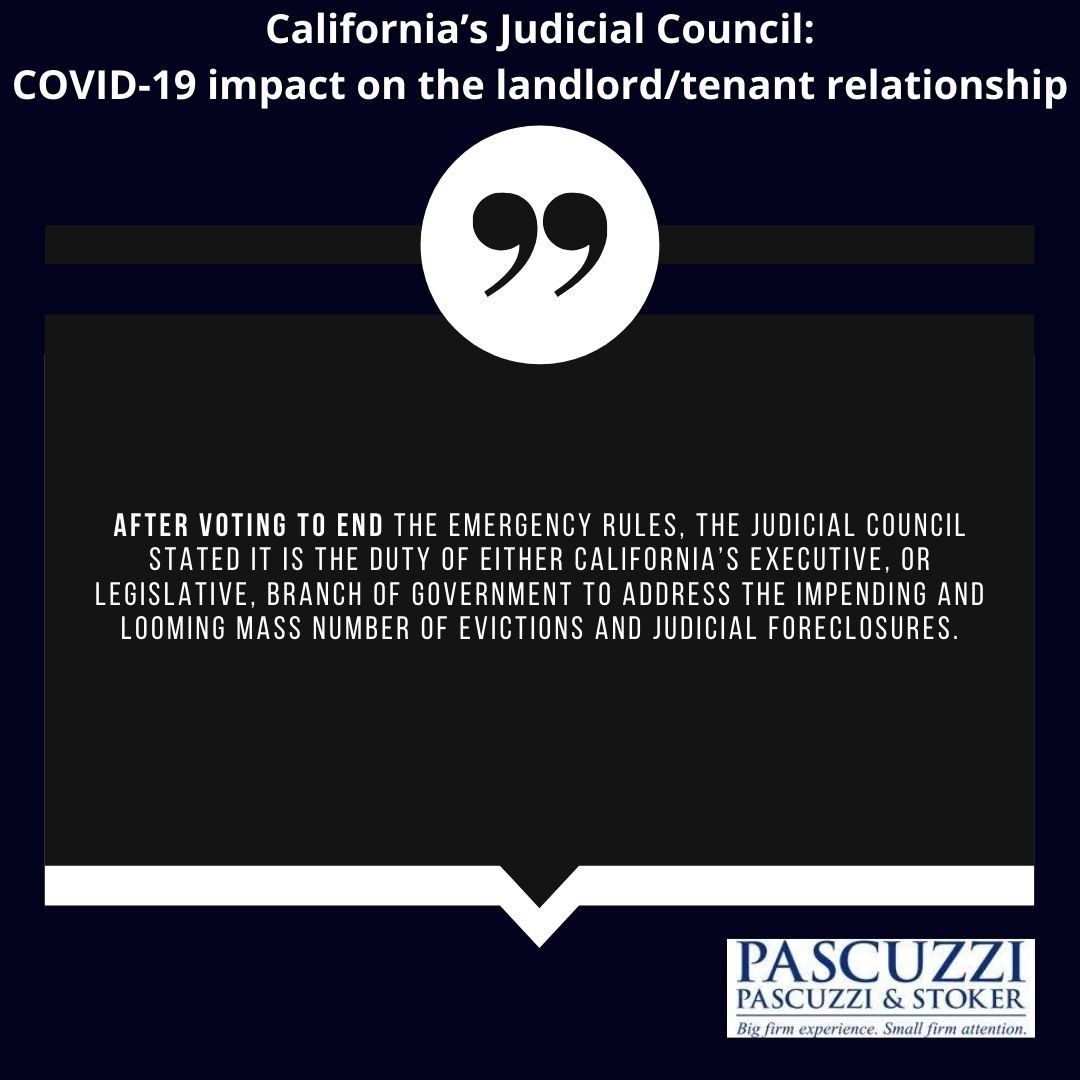California commercial real estate has stringent requirements when it comes to disclosing the facts about commercial property prior to entering into a contract to lease the property. It is important for California commercial real estate landlords to be aware of two new mandatory disclosures for commercial leases that went into effect in 2013. A commercial real estate landlord must now disclose the properties past energy use and whether the premise has been inspected by a “Certified Access Specialist” (“CASp).
Energy Use Reporting
In 2009, the California State Legislature enacted a new law requiring that, during the lease of the entire commercial building, lending, or sale transactions, owners must disclose “energy ratings” developed by the U.S. Environmental Protection Agency. This new law required disclosure by owners of buildings larger than 50,000 square feet by July 1, 2012, owners of buildings larger than 10,000 square feet, but less than 50,000 square feet, by January 1, 2013, and owners of all buildings less than 10,000 square feet by July 1, 2013.
Under this new law, commercial landlords are required to do the following:
- At least 30 days before entering a contract to sell, lease or borrow against the entire property, the owner must register with the EPA’s Energy Star Portfolio Manager;
- The owner must instruct their utility providers to upload their data on the building’s energy use to the owner’s account on the website;
- The commercial building owner must then use the portfolio manager account to generate a “Statement of Energy Performance” for the building, and a “California Energy Performance Report.” These reports provide the prospective new tenant and/or owner with the EPA’s benchmarking data and ratings for the most recent 12-month period for the commercial property.
This new law provides potential tenants and purchasers of commercial property with the property’s energy consumption statistics that the purchaser or tenant can use for comparison purposes with other similar properties. This is important for current commercial real estate owners because they may now want to better manage their building’s energy use since a better grade can lead to a better price.
This law can potentially lead to problems down the road with triple-net leased properties since it will require the current tenants to disclose information regarding their use of the property. Owners of commercial real estate in California will want to consult an experienced real estate lawyer regarding requirements of disclosure in their lease agreements.
Accessibility Standards
As of July 1, 2013, California commercial real estate owners and lessors are required by Civil Code section 1938 to disclose whether the commercial property has been inspected by a “CASp, and, if so, whether the property has or has not been determined to meet all applicable construction-related accessibility standards…” It is important to note that the Legislature has not made it mandatory that a new inspection is done before every new or renewed lease agreement or that the inspection be done at all. All Civil Code section 1938 requires is for the commercial real estate owner to disclose whether the property has been inspected or not. A commercial real estate owner is free to elect to not have the property inspected, however; this could potentially leave the property owner susceptible to a disability lawsuit and risk losing a valuable tenant who does not wish to occupy a non-qualifying property.
A CASp is a person who is certified by the California State Architect to inspect commercial properties for compliance with accessibility laws. In the event that the commercial property does not pass the inspection, the owner then has an obligation to make the necessary changes in order to comply with California accessibility laws.
California commercial property owners who have concerns about their leases and disclosures should call Pascuzzi, Moore & Stoker today at 559-227-1100 to schedule a consultation to have their questions answered.
The post Two New Disclosure Requirements for California Commercial Real Estate Landlords or Owners appeared first on Pascuzzi Law.









